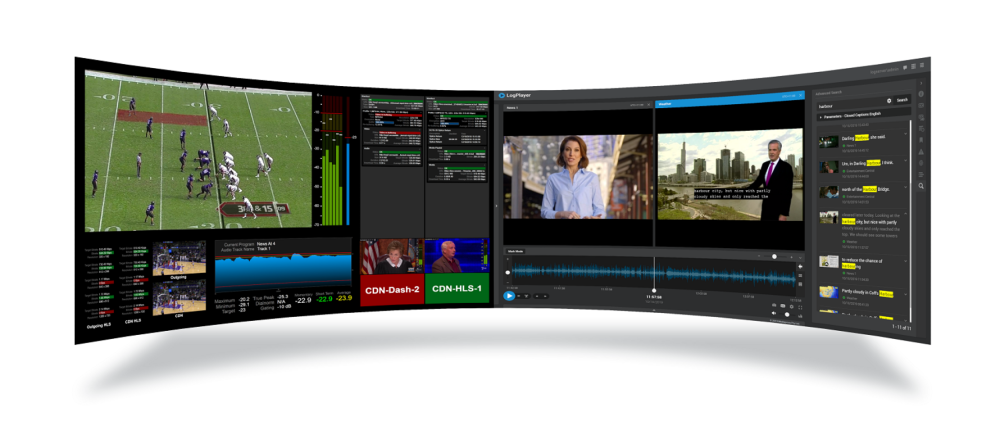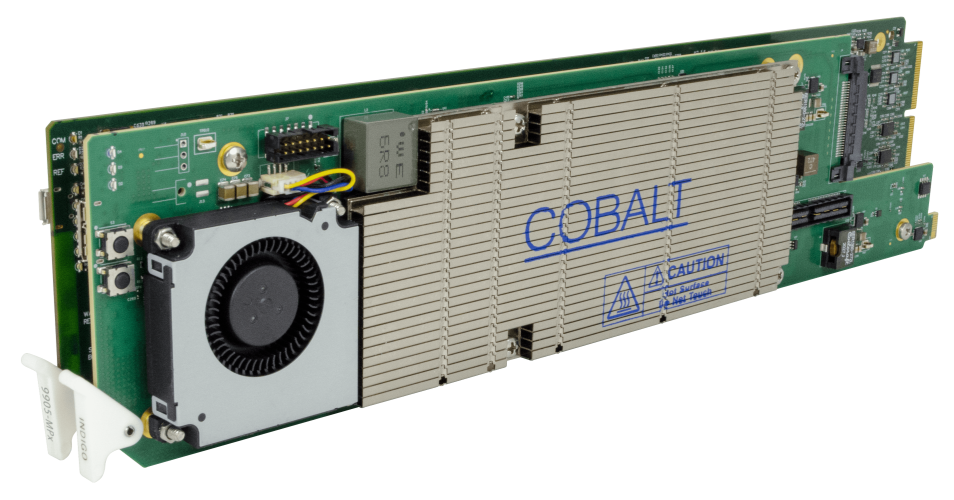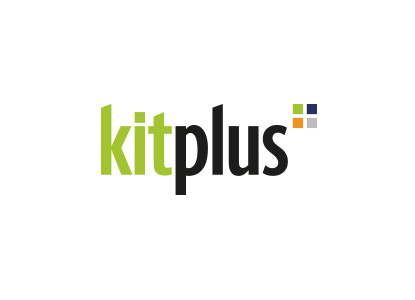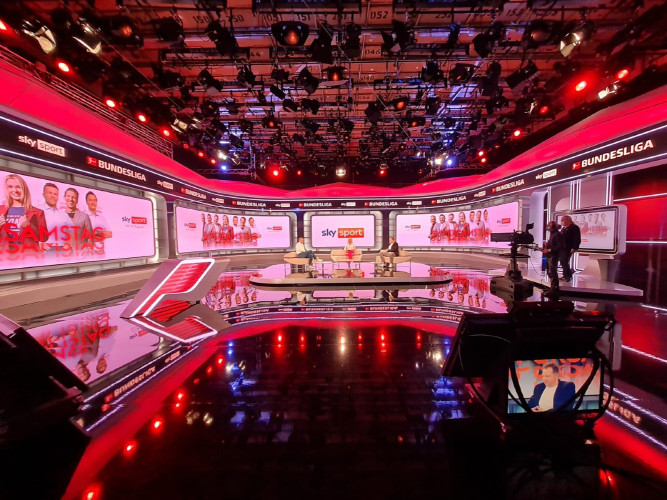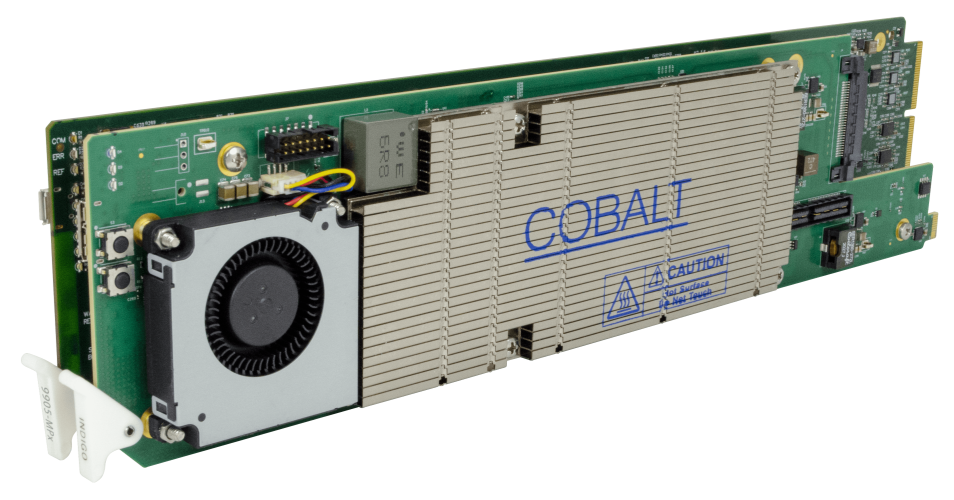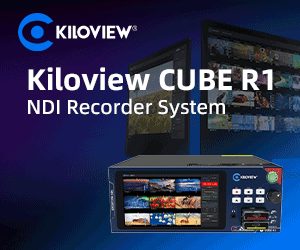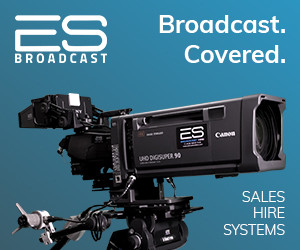Loudness Monitoring: Complacent Wont Get You Compliant

Author: Bob Pank#
Published 1st December 2012
Stricter regulations across the globe, the worldwide need for standardized audio level loudness processing, the need for logging and graphing mixed with long-term records maintenance for compliance verification, and the convergence of SDI/IP and ASI technologies all make for a challenging time in the broadcast industry. Identical and obligatory compliance issues exist for Multichannel Video Program Distributors (MVPDs) and Multiple System Operators (MSOs), where a large number of diverse source programming must be simultaneously controlled and logged, as well as smaller broadcasters with fewer channels. One can almost hear the universal, desperate outcry for excellent and economic options to meet and maintain loudness processing standards and regulations.
Although loudness and the extreme variation between commercials and program material has been an age old problem, there has not been such a need for focus on this until the previous two years, beginning the signing of the CALM Act in the USA. Across the world it has been a recognized problem, with the only remedy to the consumer being to hit the remote mute button or change channel. The mandatory implementations of the CALM act in the US on December 13th 2012, and the recommended loudness levels from the EBU, have encouraged many other global regions to take the necessary steps to alleviate this annoyance.
Several loudness processors have been introduced, both in baseband and in the multi-channel over IP/ASI technologies. Most of these solutions can only monitor the loudness in real-time (as it occurs), and not retain long term records for proof of compliance.
Cobalt Digital is listening. The Company has developed an innovative, easy -to-use, transport stream compliance monitor that takes the guesswork out of loudness measurement and logging. Spotcheck™ is anAudio Loudness Measurement/Records Logging System that can interface with a facilities ‘as run’ log providing convenient automatic 24/7 loudness measurement with long-term access to all audio loudness records, facilitating EBU R128 and CALM compliance. Because it monitors an IP, ASI, or a transmitted over-the-air MPEG stream at the transmit (emission) encode point, it works on ALL programming initiated from a facility, and it is multi-channel capable. Spotcheck readily pinpoints all segments that are outside of CALM/ EBU R128 compliance and provides documentary proof should an erroneous complaint appear, offering total peace of mind to broadcasting management.
Programming segments can be searched via the intuitive display of loudness plots along with date/time-stamped thumbnails of the actual corresponding programming, or can optionally be queried and correlated using a database relationship with the facility as-run automation list for rapid and no-hassle pinpointing to any segment. A straightforward display of actual loudness plot and clear OK/non-compliant tagging of programming segments eliminate the need to analyze tedious lists or spreadsheets. Ethernet control enables integration with facility IT providing long-term logging/thumbnail storage.
SpotCheck’s standard features include support for sending loudness alert e-mails to multiple personnel including a user-defined multiple-level severity escalation configuration. It automatically accounts for program loudness, dialnorm, and DRC effect on audio with no interpretation of readings or loudness metadata needed.
SpotCheck has direct GigE MPEG, ASI or OTA interfaces so MPEG streams need not be segregated and the emission stream isn’t affected in any way. Fully compatible with MPTS and SPTS streams, SpotCheck provides an easily integrated, facility-based, powerful solution for loudness records and compliance interrogation and verification.
SpotCheck comes standard with a three-year warranty; extension options are available.









